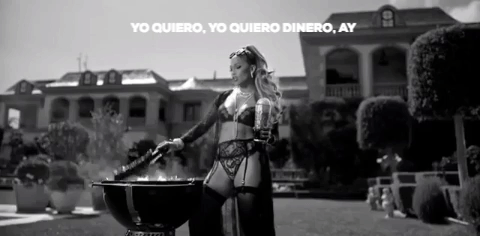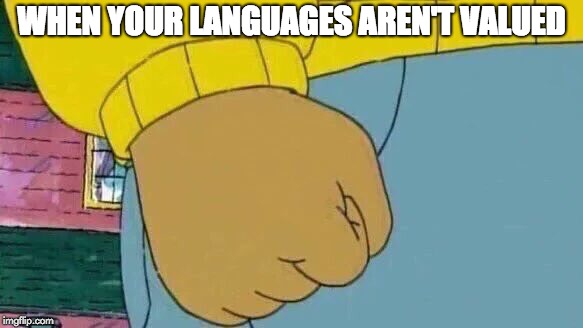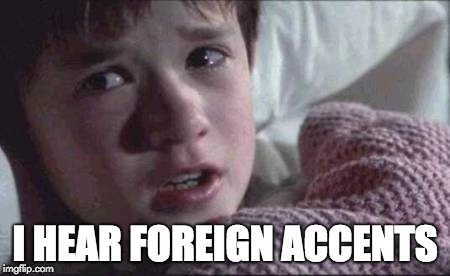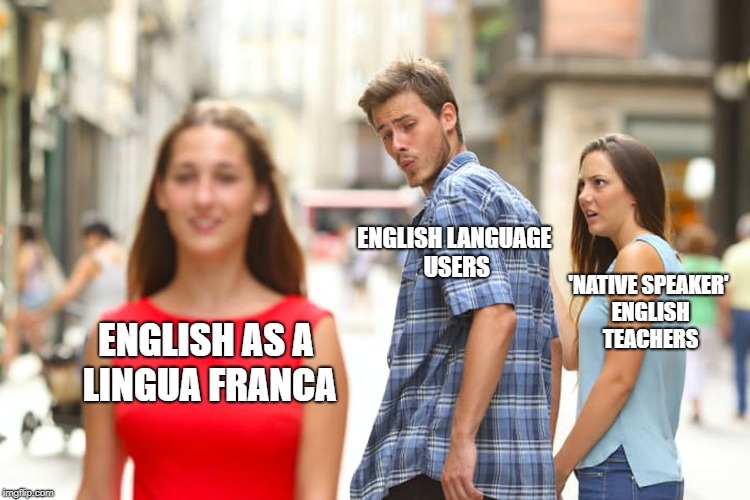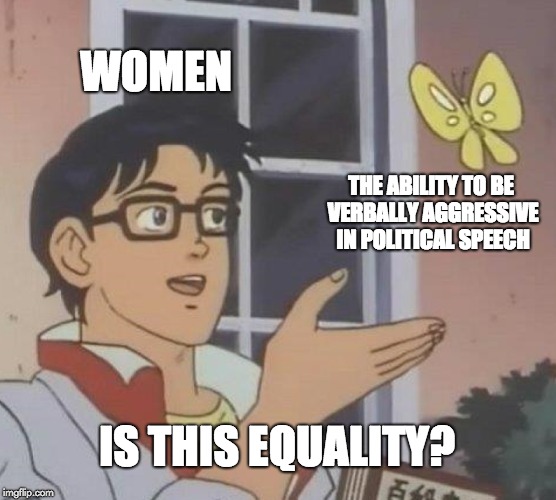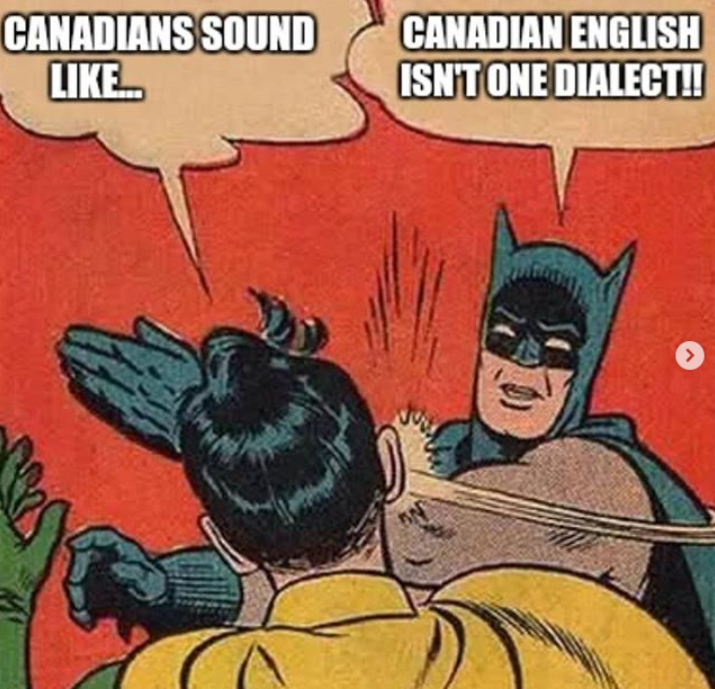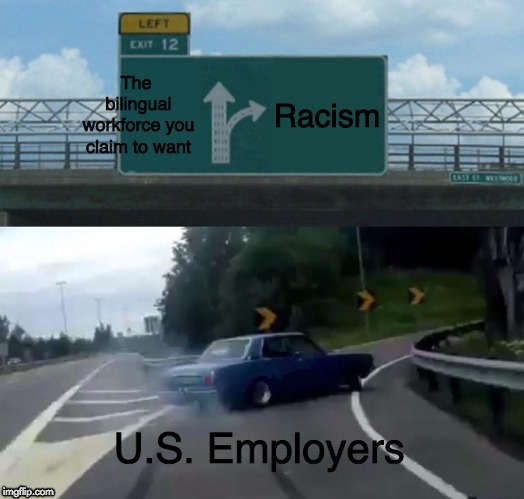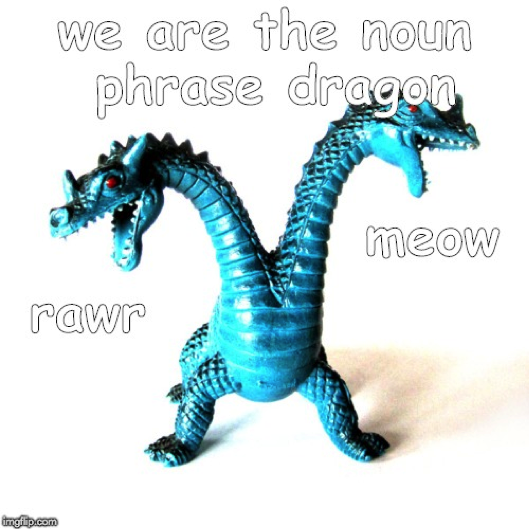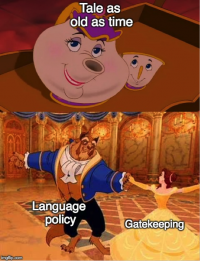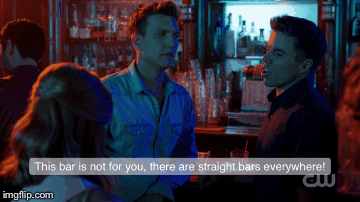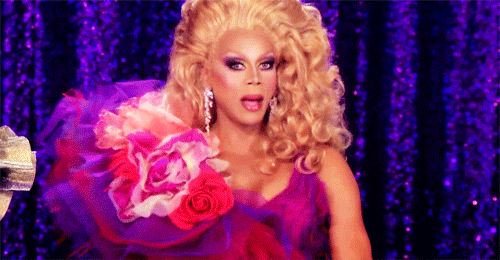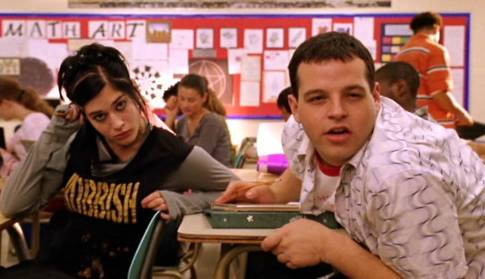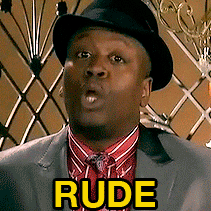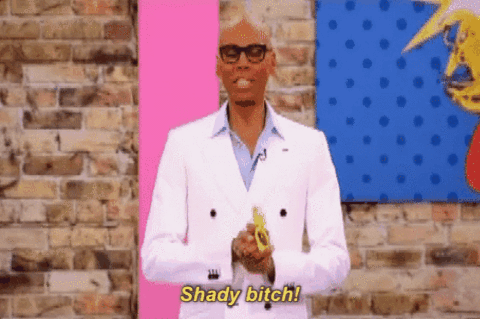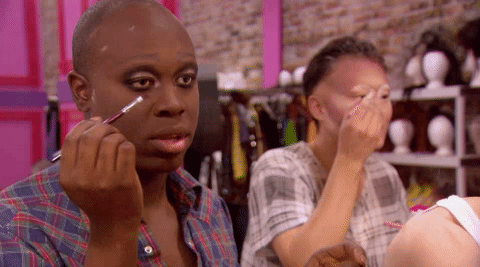This paper examines actual police interviews with people with intellectual disabilities reporting sexual assault. Focusing on probing inconsistencies in the victim’s account with pragmatically difficult questions, Antaki, C., Richardson, E., Stokoe, E., & Willott, S. attempt to determine how well officers follow recommended interview guidelines.
It is known that cops have taken insensitive lines of questioning with victims of sexual assault and rape. Stories of victims being asked what they were wearing or if they’d be drinking or other irrelevant questions about the context of their attack are as common as they are infuriating.

Implying fault and questioning the victim’s conduct is not only demoralizing to a person who is already feeling guilt, shame, and fear. Worse, it discredits the victim’s statement for judicial processing. And that’s just for intellectually typical victims who may have the language processing skills to be able to clarify details and defend themselves.
People with intellectual disabilities have even more obstacles to overcome. They are more likely to be victims of abuse and violence, less likely to succeed in prosecuting their assaulters, and suffer greater emotional and psychological distress after the event to boot. This paper doesn’t specify what is meant by “intellectual disability,” except to say that those with intellectual disabilities, learning, or psychiatric problems, can struggle to communicate, function socially, and to read pragmatic linguistic clues (head to the ever current and informative Conscious Style Guide for a brush-up on terms).
Antaki et. al. generously point out that police are in a tough place because they need to be able to present a statement for the victim’s defense in court. This means they need to obtain a clear account of events from a recently traumatized person who may have a hard time discussing their assault or remembering it clearly. If that person also struggles with communication and social functioning, it can be even more difficult to compile a coherent series of events. Toss in a little difficulty reading pragmatic linguistic clues like non-literal expressions and hypothetical and indirect questions (you know, things that exist in typical conversations and interviews) and then think about how well those interviews go.

You might be thinking that given the frequency and severity of sexual assault, cops are probably trained to interview victims. Well, ya… kinda. The police in this study are advised by the Royal College of Psychiatrists to have training for interviewing those with intellectual disabilities and they provide a general guide to help with that. The guide points out that inconsistencies and omissions are usually caused by the interviewer jumping to conclusions. They indicate that cops should never voice suspicion, call the witness a liar, or challenge them directly. The guide is not specific to those with intellectual disabilities, however, and there doesn’t seem to be any mechanism for tracking how well the guide is followed let alone how well it works for those with intellectual disabilities.
The focus of this study is to determine how well actual police interviews adhere to this guide when interviewing people with intellectual disabilities, especially in probing the inconsistencies with pragmatically difficult questions. Evidence was gathered from 19 interviews with people with what the English police force called “learning disabilities” reporting sexual assault or rape. Of the 19 only 3 of them went to court, and only 2 succeeded in getting a guilty verdict.
RESULTS
Spoiler alert, there were departures from the guidelines. Mainly in areas the guide explicitly advised against. They were a) implying the story made no sense or was very unlikely or b) implying the witness’ behavior was to blame. These implications involve complex pragmatics that may be difficult for those with intellectual disabilities to process.
Basically, these questions present a logical problem that requires extra processing that people with intellectual disabilities might not be able to handle. Hypothetical phrasings like “If it was raining, why didn’t you bring an umbrella?” cast doubt and indicate failure to do something appropriate, but the interviewee may not pick up on that. Hypothetical questions also require the interviewee to process something that did not happen and is not a part of their memory. On top of that, they need to see that their conduct was unexpected or wrong and detect the implication of blame in order to defend themselves and their credibility. Complicated.
These types of questions challenge the victim’s conduct and truthfulness. This is exactly what the interviewers are asked not to do. The extra stress added by these questions can even impede memory which is why answers to these challenging questions frequently are “I don’t know.” This is a problematic answer since a person is expected to know why they do what they do. Being unable to explain one’s actions is a credibility nightmare.
Discussion
As the guide says, asking why causes more problems than it fixes. It promotes the feeling of blame when victims often already blame themselves.

And while it is tough for interviewers because they have to record a first-hand statement as evidence for court and check for inconsistencies and vagueness, in order to serve the victim well, the guidelines need to be taken seriously and adherence to them needs to be monitored.
Without very rigorous training and a high level of language competence, it is unlikely that a police officer, or anyone, would have the skills to identify the pragmatic aspects of their own speech or to consider the pragmatic capacity of those with intellectual disabilities.
Even though this study is based on a small sample size, Antaki et al. recommend avoiding probing especially with the hypothetical “Why didn’t you X?”. That seems reasonably obvious, but beyond that there needs to be a robust system for identifying the needs of a victim. Descriptions made by the police of the victim’s disability were cursory. Labels like “learning disability” or “deaf” aren’t helpful or informed assessments.
Finally, interviewing is a skill and those doing it need to be highly trained to serve the victim and their specific needs. That could mean teaching some basic pragmatics to officers so they can avoid complex logical problems, bringing experienced linguists onto the force, or other better ideas I haven’t thought of. The actual application of applied linguistics to interviews could be the difference between putting a sex-offender behind bars or back on the street.

This article is great for pragmatics and sociolinguistics bishes or bishes interested in discourse analysis. There’s even a fun smidgen of Wh-movement and NPI licensing for my syntax bishes.
Antaki, C., Richardson, E., Stokoe, E., & Willott, S. (2015). Police interviews with vulnerable people alleging sexual assault: Probing inconsistency and questioning conduct. Journal of Sociolinguistics,19(3), 328-350. doi:10.1111/josl.12124

